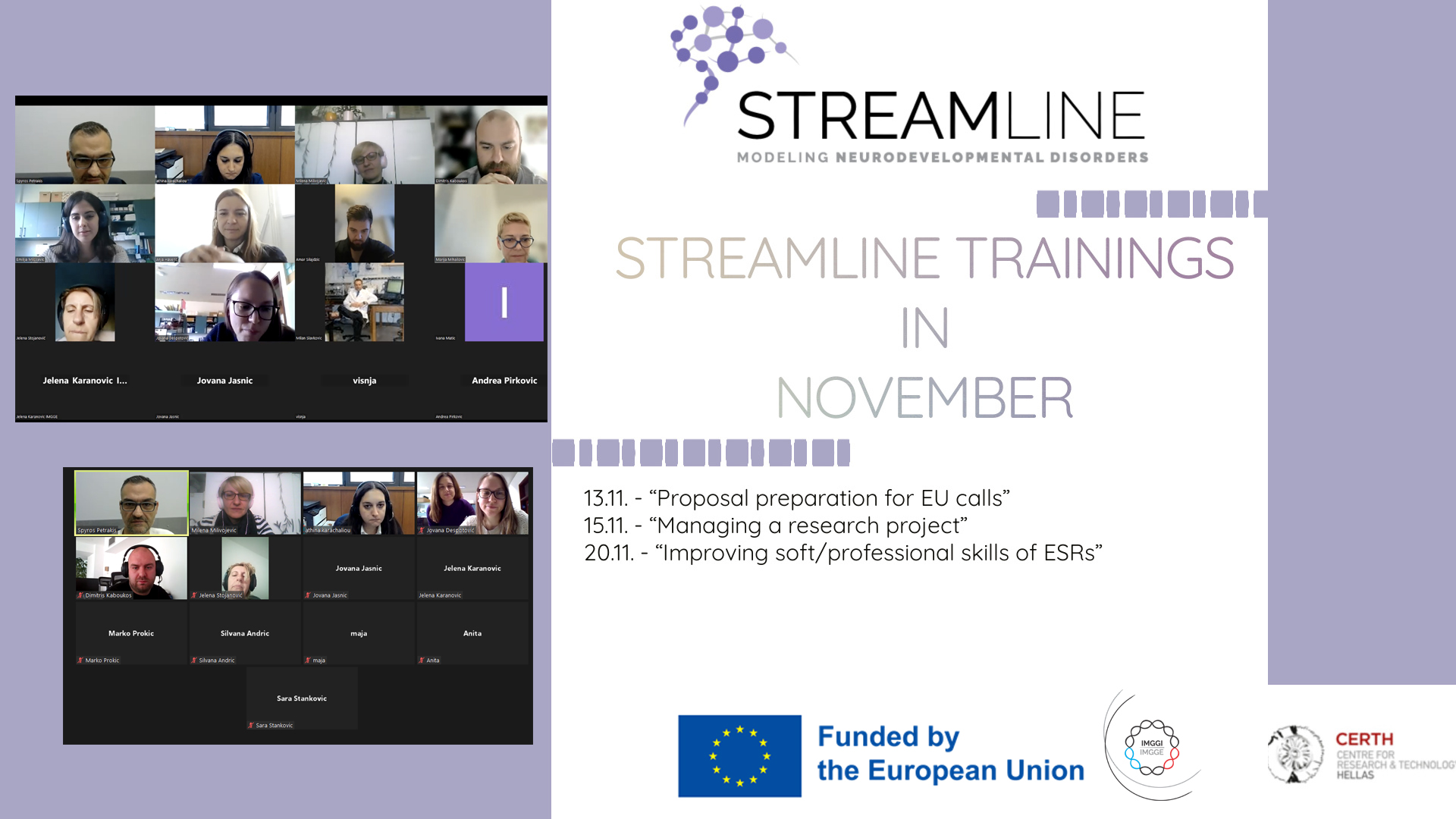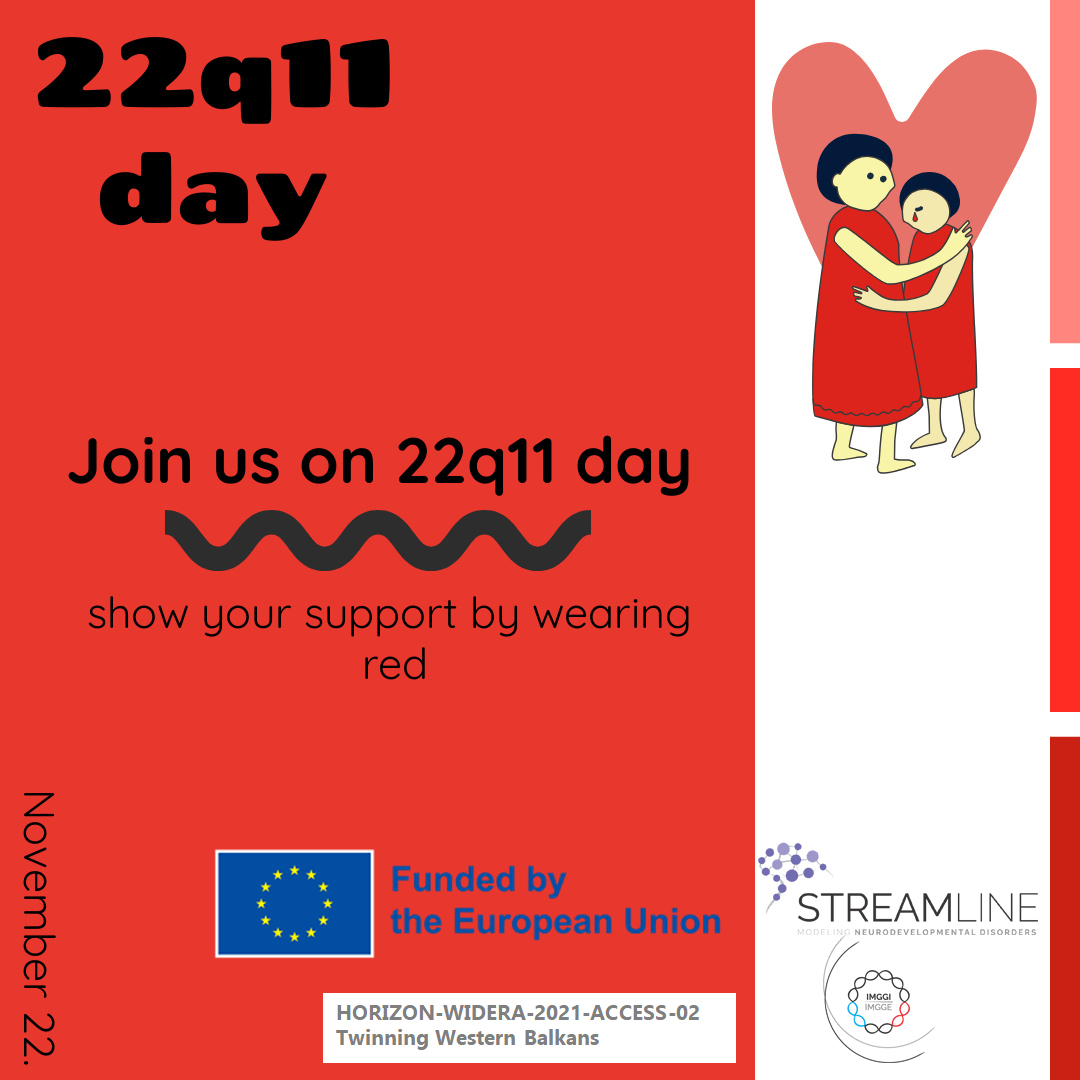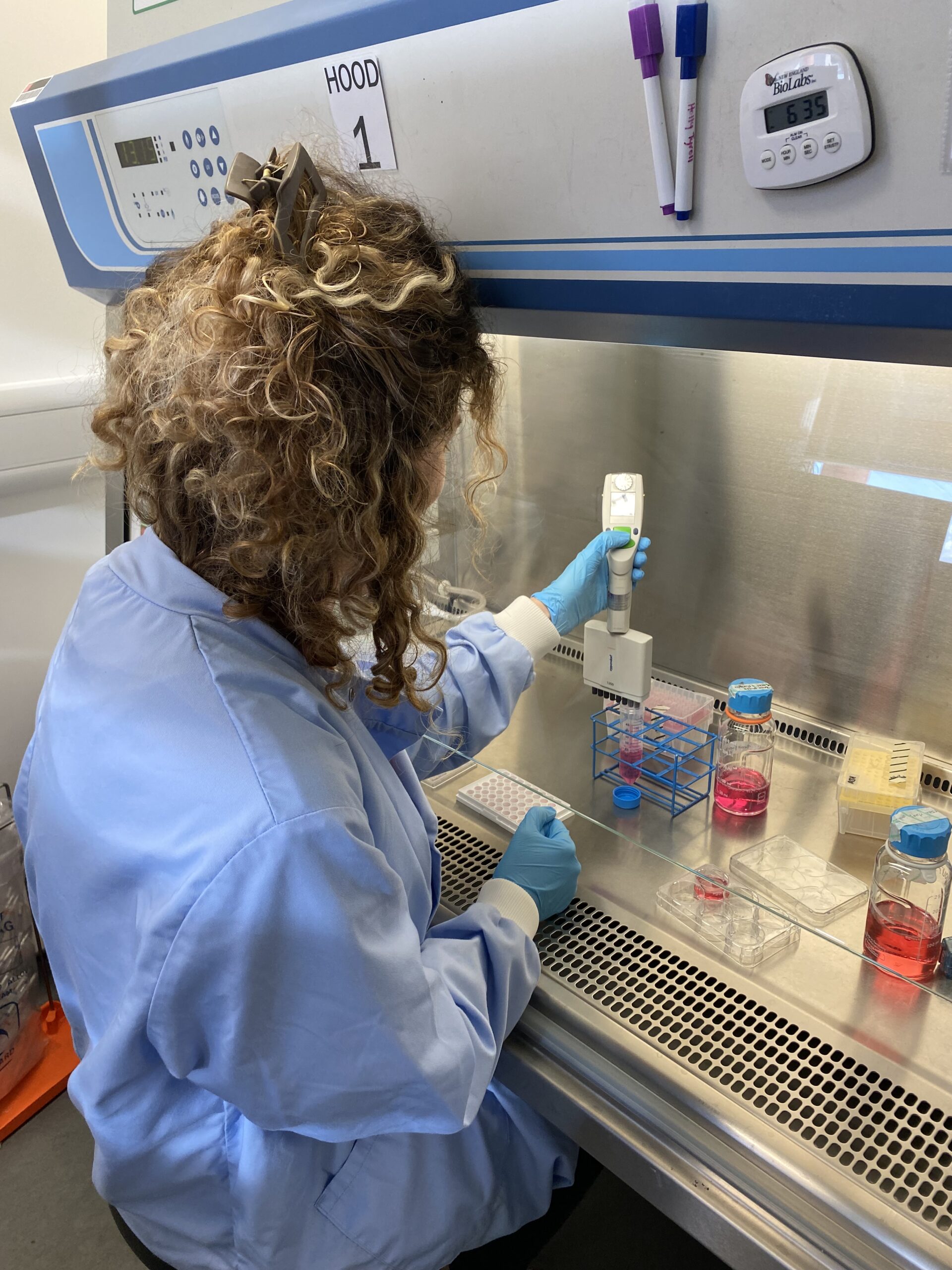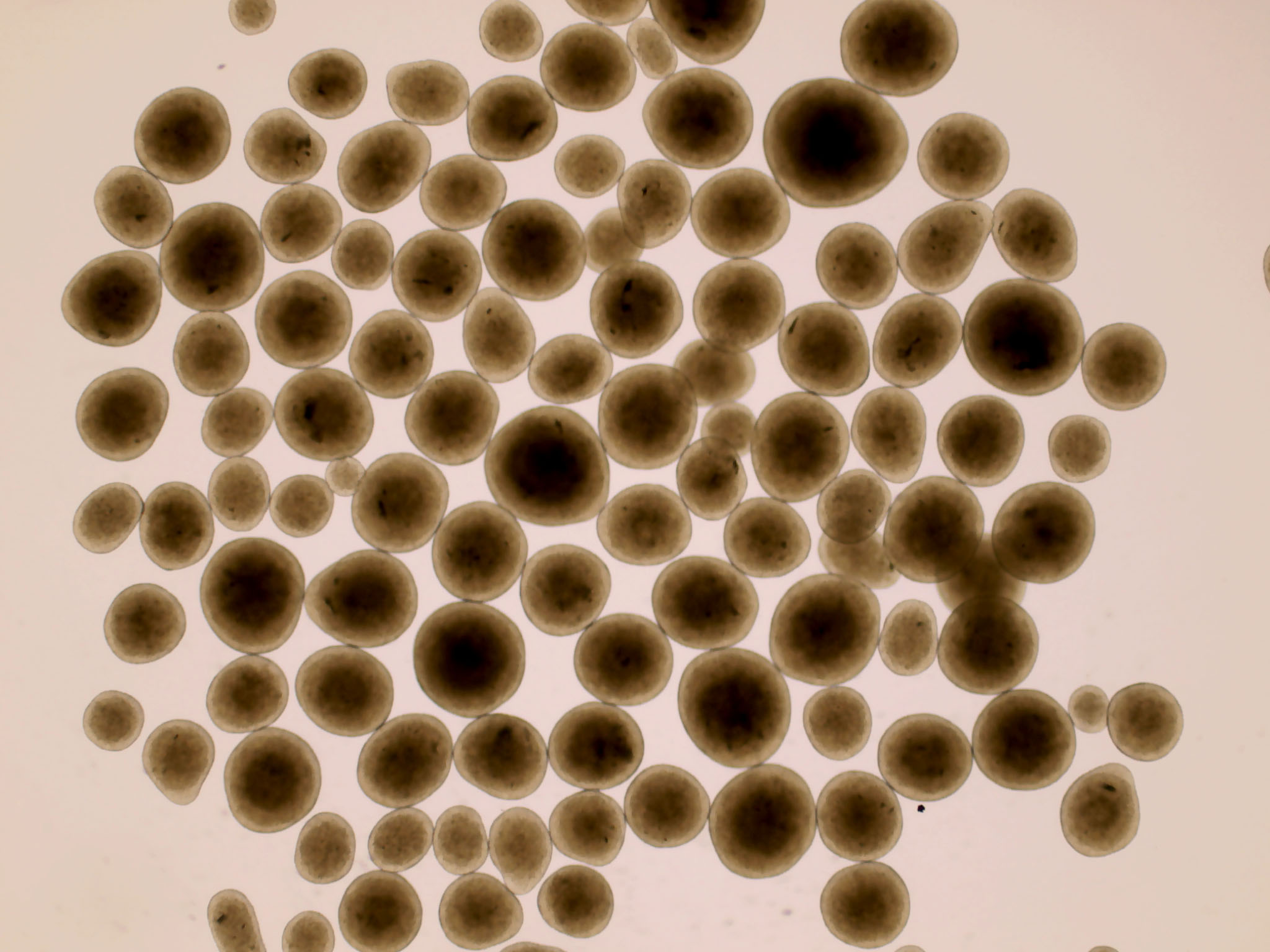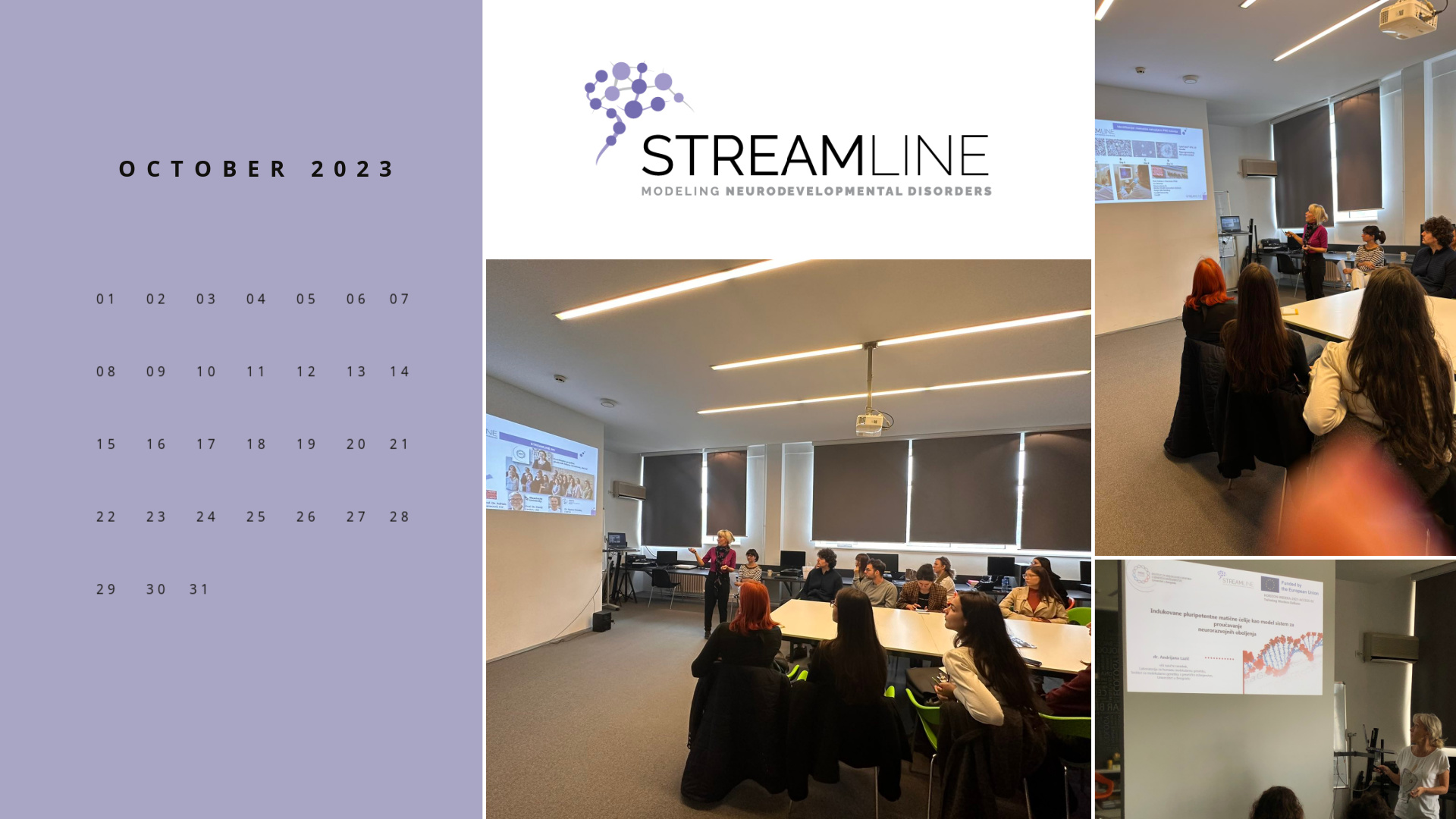Within STREAMLINE project researchers from Western Balkan region attended the trainings that were organized by our partners from Centre for Research & Technology Hellas (CERTH), Greece.
First training, “Proposal preparation for EU calls”, was devoted to the overall structure of the EU programme followed by descriptions of project proposal preparation, call documents, evaluation criteria, and then project management. Second CERTH training held in November, “Managing a research project”, gave insight and guidelines concerning management of EU-funded research projects and monitoring of its progress. The last training organized by our partners from Greese, “Improving soft/professional skills of ESRs” has been devoted to early stage researchers (ESRs) in helping them writing good quality research papers, with presentation of research at conferences, CV preparation. We would like to thank Dr. Spyros Petrakis, Ms Athina Karachaliou and Mr. Dimitrios Kaboukos for the organization of these events and sharing valuable and practical information with participants.


